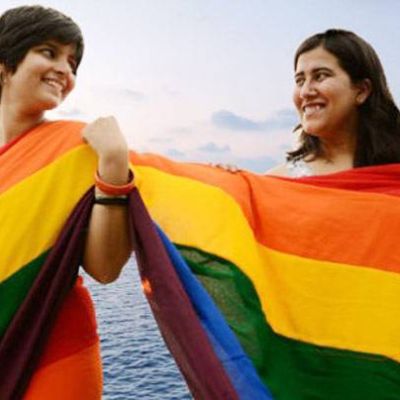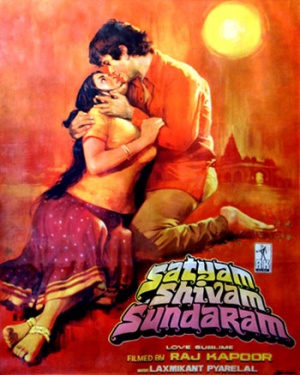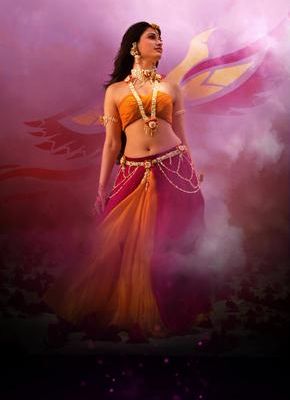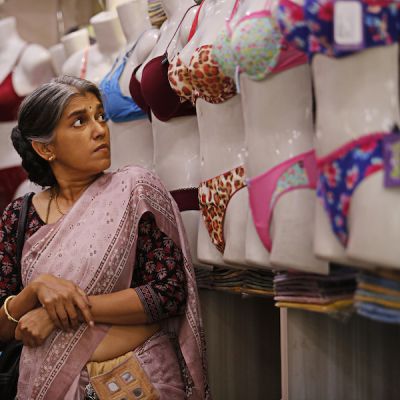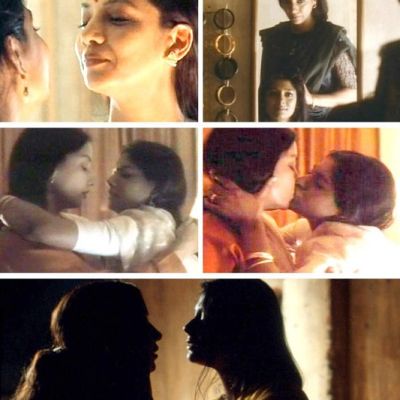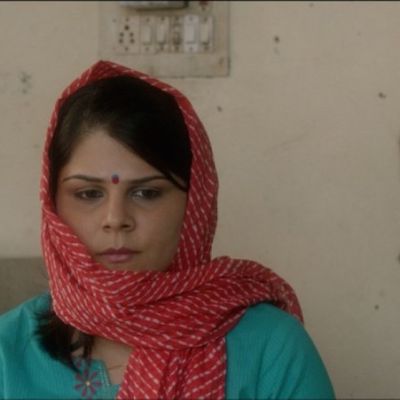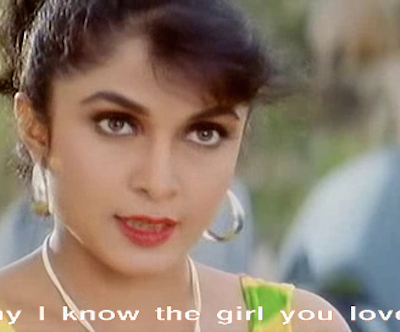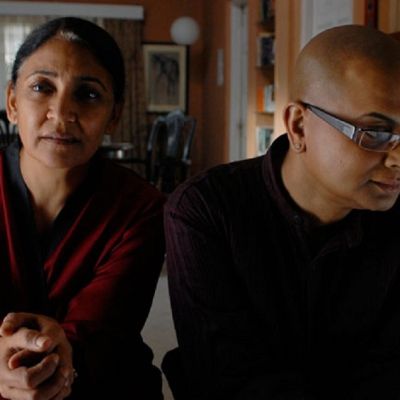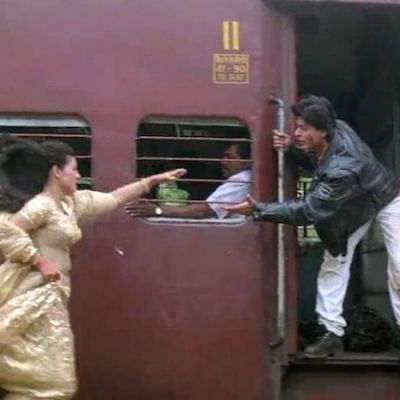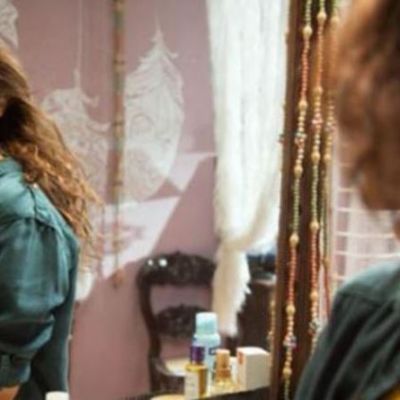Films and Sexuality
The arts hold great sway on how sexuality is viewed, represented, and understood. Does art imitate life, or life, art? Or can it be tossed away as an inscrutable mix of the two influencing each other?
We need to think about the kind of film we would like to see as queer people.
सयद साद अहमद द्वारा लिखित “हम क्या वास्तव में सच जानना चाहते हैं? सत्य की क्या आवश्यकता है? उसके बदले…
Thousands of young women in conservative societies across North Africa, the Middle East, and South Asia are being shamed or blackmailed with private and sometimes sexually explicit images. A look at how smartphones and social media are colliding head-on with traditional notions of honour and shame.
Bahubali features one of the longest scenes of romanticised symbolic violation ever seen on screen. Why are we not angered by it?
गाने अक्सर फिल्मों से अधिक लोकप्रिय होते है और अपने अलग ही मतलब का निर्माण करते हैं। इनका मतलब उनता ही विविध है जितना इनको सुनने वाले लोग। मैं यह बिल्कुल नहीं मानता कि हम जो फिल्म और चित्र देखते है उसका हमारे जीवन पर सीधा असर पड़ता है। हिंसक या अन्यथा मूर्खतापूर्ण कार्यों के लिए दोषी वह ही हैं जो यह कार्य करते हैं और वे जो उन्हें बेहतर शिक्षा दे सकते थे पर उन्होंने ऐसा नहीं किया। शिक्षा और बातचीत से हम युवाओं को सही समझ और बेहतर निर्णय लेने के लिए सक्षम बनाते हैं।
The notion of censorship of cinema has been highly debated, the repercussions of which have been evidenced in film form as well as spectatorship practices – censorship has defined our relationship with cinema, both in the making and the viewing of it.
Alankrita Shrivastava made her directorial debut with the film ‘Turning 30!!!’ (2011) and has been committed to telling stories about women from a woman’s perspective. Her second and most recent film ‘Lipstick Under My Burkha’ (2016) has received international recognition and is slated to release in India in early 2017.
My first ‘date’ was at a festival screening of an understated French-Canadian film that featured a tremendous amount of chatter and Chopin. I qualify ‘date’ because, while I was certainly on the brink of tumbling head over heels, the object of my affection, let’s call her ObjA, was blithely unaware of the romantic hopes that hinged upon our meeting.
“A spirited independent single mother struggles on a daily basis to provide a comfortable life to her son and herself. She runs a small Internet cafe in Patiala, Punjab for a living, and is an Internet user herself. The film highlights a phase in her life when love comes knocking on her door. If only its timing was right!”
There are a number of different ways to approach this theme, Films and Sexuality. One way is through the eyes of the popcorn-eating, samosa-chomping, money-paying audience member who chooses to see or not see a film, who likes or dislikes it, who makes the film a box-office hit, or pans it.
Don’t women lust after male bodies, don’t women fantasise? While examples abound of women chasing men, it is usually for the latter’s ‘good’ qualities – he’s brave, he’s handsome, he’s strong, he will protect, and yes, by-the-by, and it’s totally not on her mind, he has a sexy body.
Representation is a tricky thing, especially when it comes to portraying minorities. It is easy to stereotype and feed into the popular image of minorities. Gay men as fashion designers or hairstylists desperate to be friends with straight women are a rather common trope. It makes gay men visible but on heterosexual terms. It takes away any individuality from the gay man; he merely survives to seek affirmation from the straight people in his life.
Twitter was hashtagging the 21st anniversary of the classic Bollywood film, ‘Dilwale Dulhania Le Jayenge’ (1995) a few months ago, a human rights organisation did a fun take on it by asking its followers to feminist up the film’s iconic dialogue, “Ja, Simran, Ja”.
When I saw Alia Bhatt’s gloriously flawed Kaira in the film ‘Dear Zindagi’ (2016), I felt so gratified I could have jumped up and cheered. To paraphrase, she resolutely sheds the burden that Hindi film heroines have been hefting on their always-delicate shoulders since the first hero whistled wolfishly across the street – the need to be relentlessly likeable.


